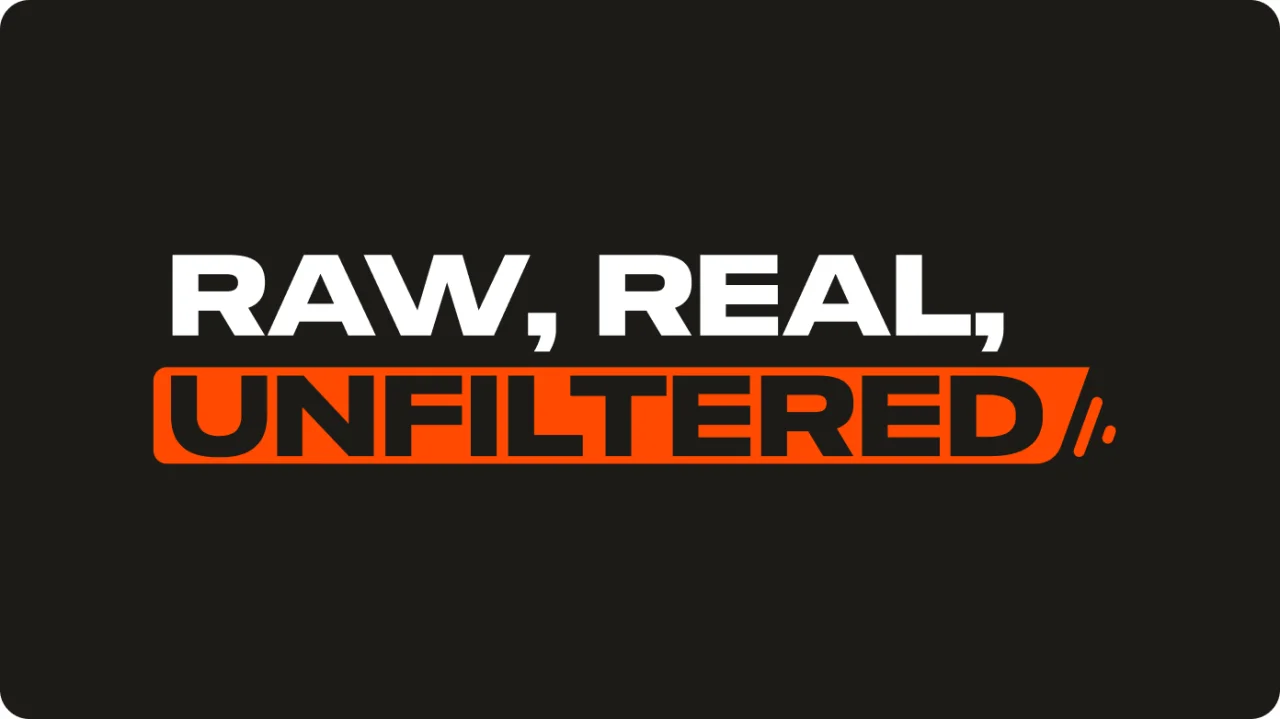What qualifies as office expenses and supplies?
Pens, paper, notebook, folders, computer ink
Internet and telephone bills
Stamps, shipping labels, freight and postage fees for business-related items
Envelopes and packaging materials are included in office supplies
Website-related expenses (domain name, hosting, website builder fees)
Capital purchases for business (storage unit, computer, machinery)
Travel
If you’re a business owner who’s frequently on the go — using your car to deliver products or traveling to meet a client, then you should look into what travel expenses you can write off.
If you have a car dedicated to business (which qualifies as a capital asset), you can deduct all expenses for its maintenance and operation (fuel, oil servicing, insurance, tire replacement). However, if you’re using your personal car for business trips, then only the percentage of time the vehicle is used for business is qualifiable. For example, if your annual spend on car operating expenses was $3,000 but used your car for business only 5 percent of the time, then your deduction would only be $150.
Other expenses that fall under this category include airline fares, accommodation, tolls and meals during the business trip. For information on calculating mileage reductions, refer to IRS Standard Mileage Rates.
Retirement Plans
Saving towards your retirement? You can deduct the contributions made to the plan to adjust your taxable income.
Retirement plans for small businesses are:
SEP (simplified employee pension) plans
SIMPLE (savings incentive match plan for employees) plans
Qualified plans (also known as H.R.10 plans or Keogh plans when covering self-employed individuals), including 401(k) plans
Insurance
Your business, even if it’s a retail store, will have some form of insurance. You’ll be happy to know these qualify as deductible expenses.
Some of the common business insurances that can get you a tax break include:
Also, if you’re self-employed, you can write off 100 percent of the expenses related to the health insurance of:
Professional Services
If, during the course of the fiscal year, you used the help of professional services like a tax consultant, bookkeeper or lawyer to keep the business going, the associated fees are tax deductible.
If you have trouble determining which professional service fees qualify for this exemption, these IRS guidelines for legal and professional fees can help.
Bank Interest and Fees
Have a business credit card? Or a small business loan? Any interest paid on your loan or credit card can be written off.
Bank fees, such as monthly maintenance or overdraft fees, also count under this category.


